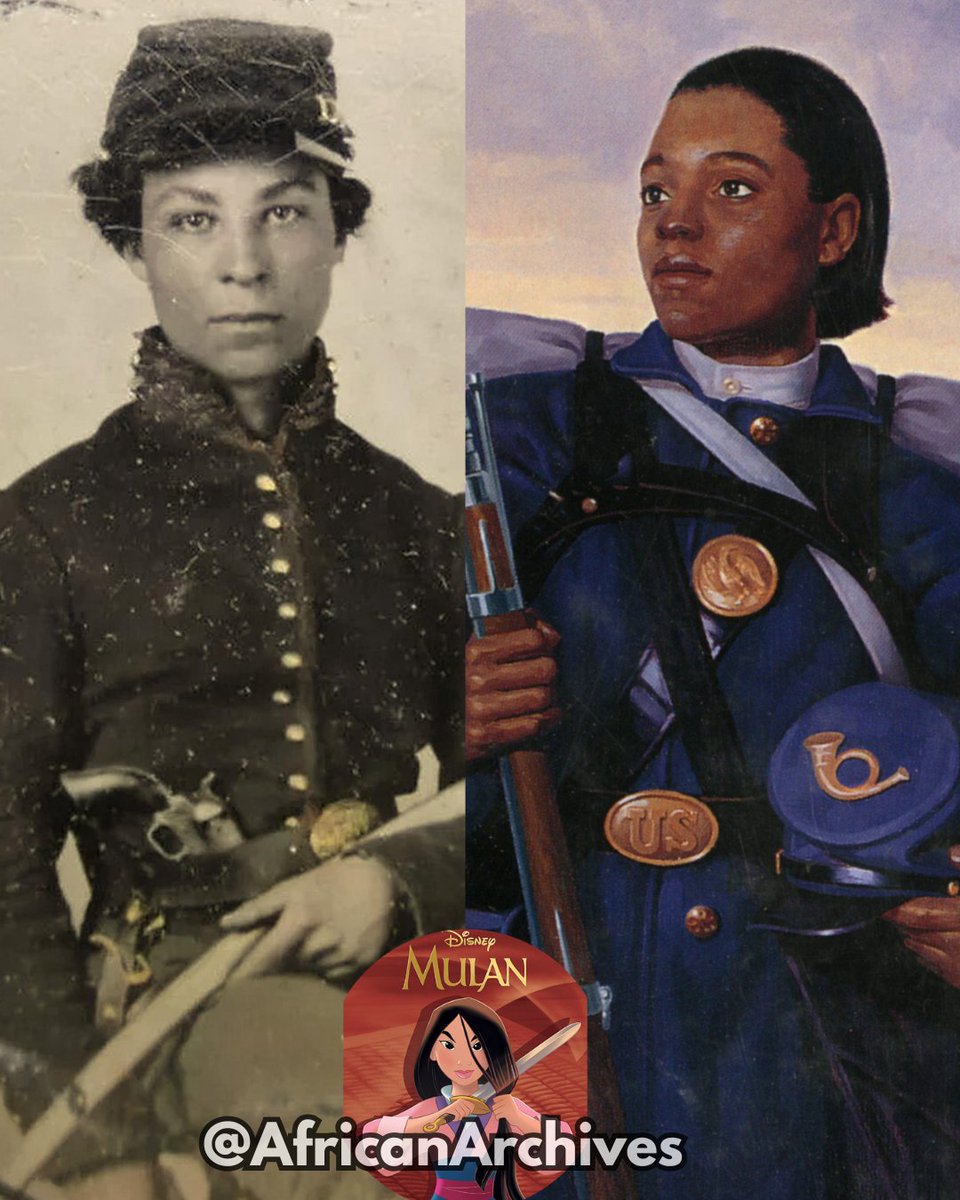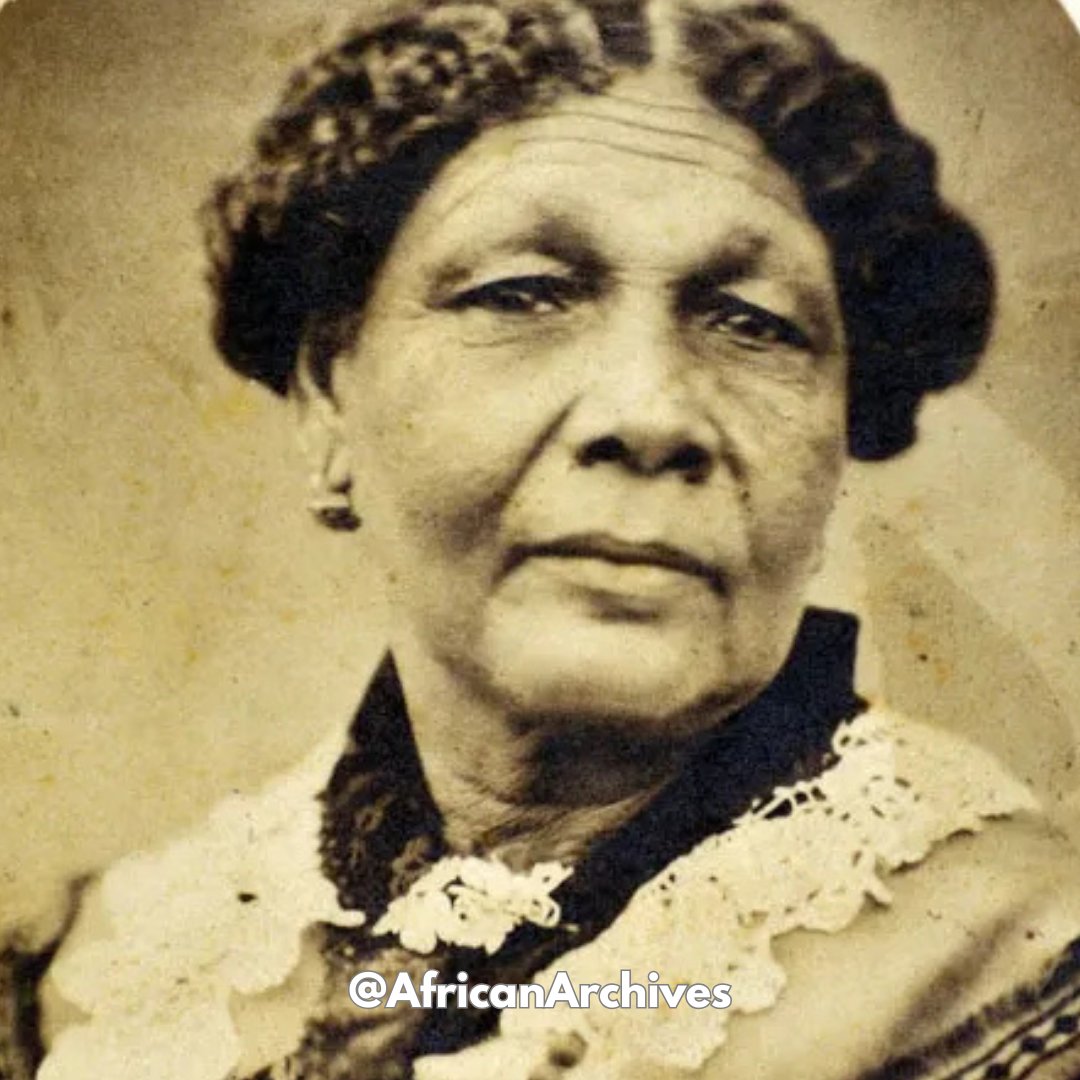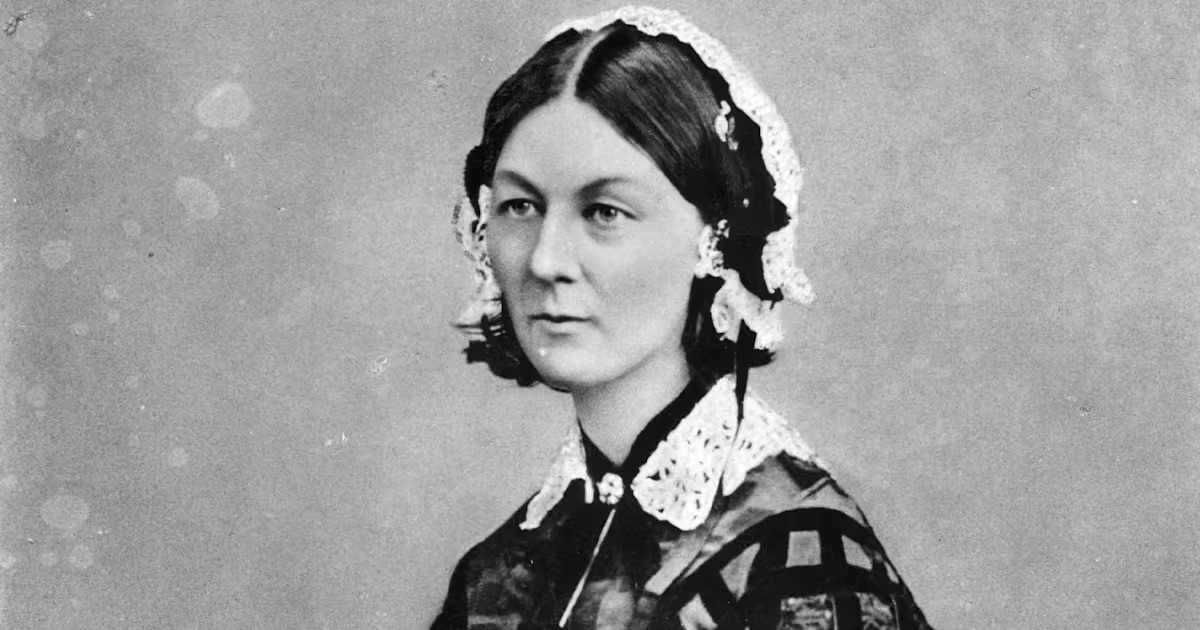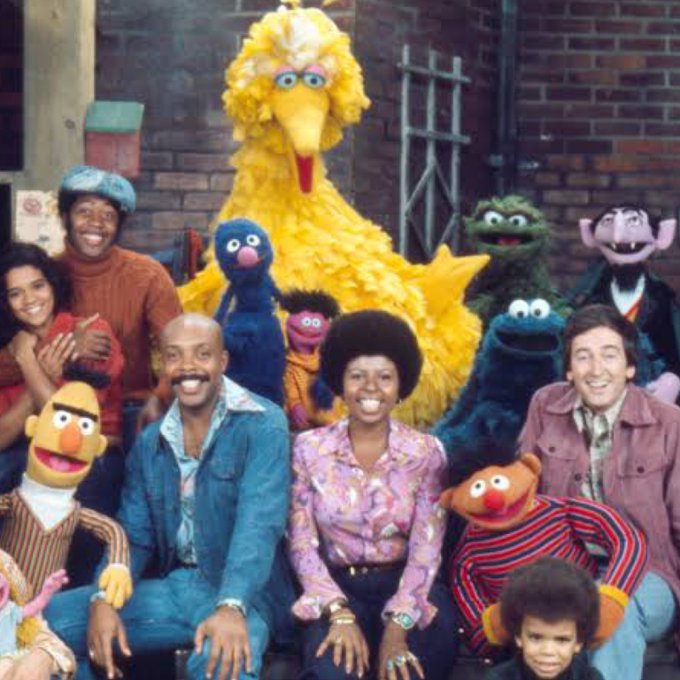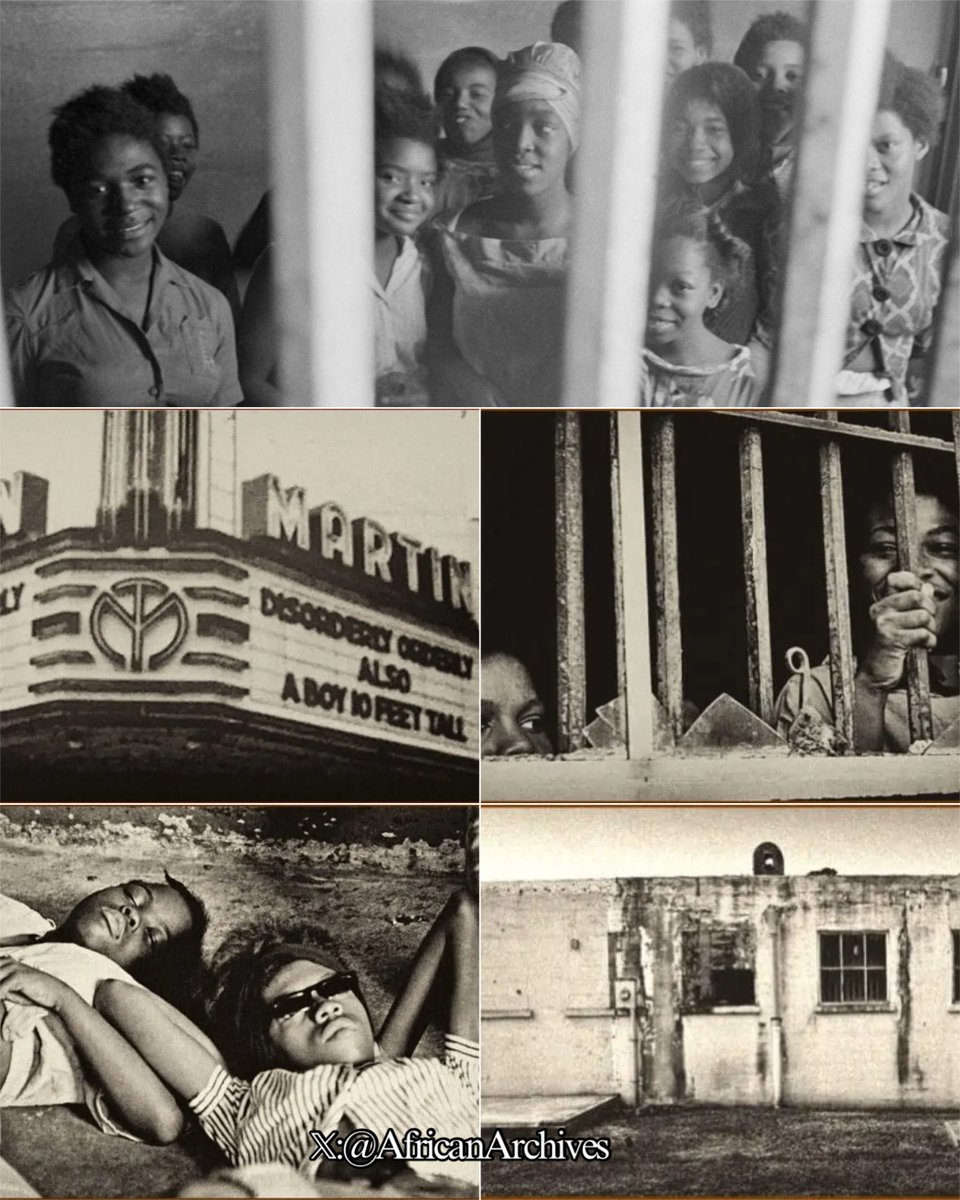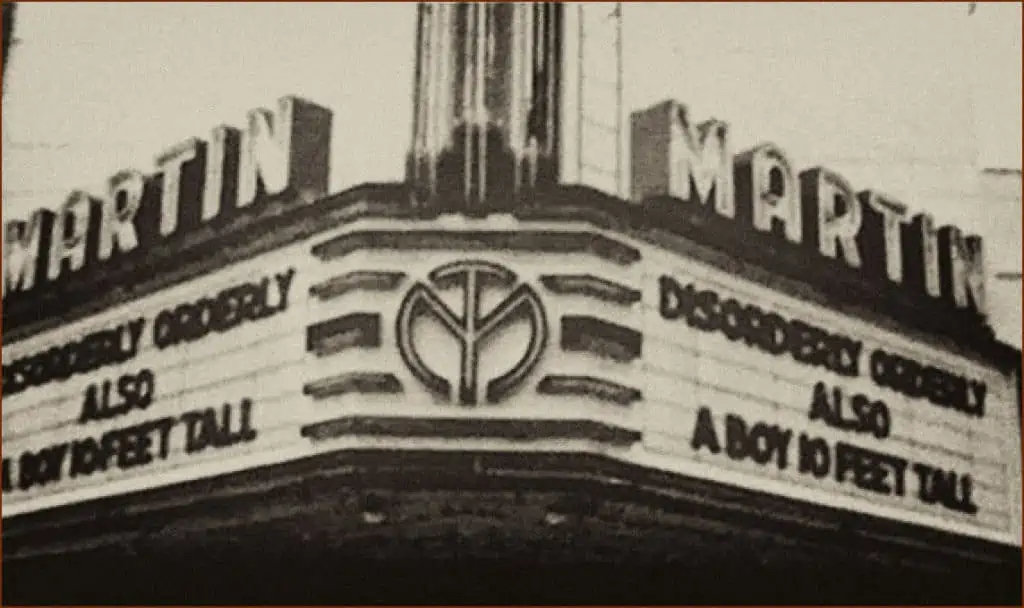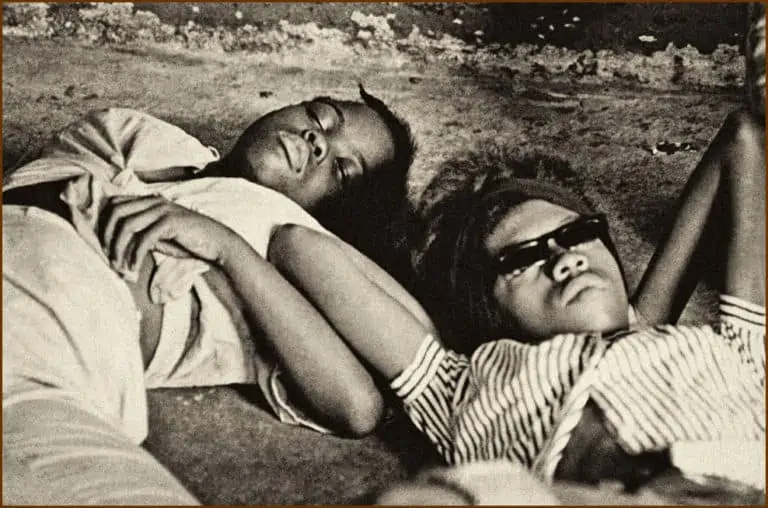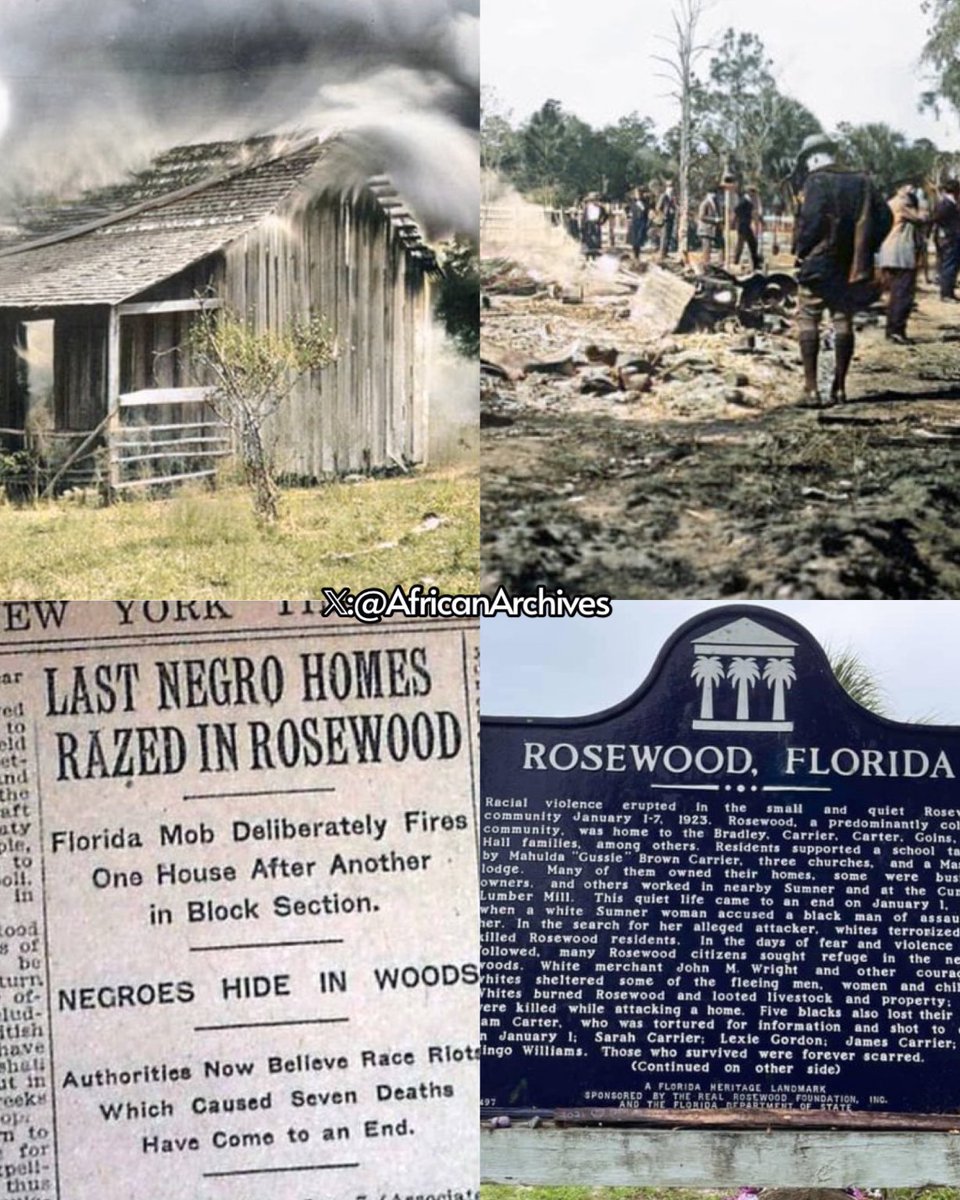Today on #WorldPilotsDay, i’ll highlight black pilots who broke barriers 👨🏿✈️👩🏿✈️
—A THREAD—
In 1921, Bessie Coleman became the first black licensed pilot.
When she developed an interest in flying, women and people of color had no flight training opportunities in the… twitter.com/i/web/status/1…
—A THREAD—
In 1921, Bessie Coleman became the first black licensed pilot.
When she developed an interest in flying, women and people of color had no flight training opportunities in the… twitter.com/i/web/status/1…

Willa Brown was the first black woman to earn both a pilot's license and a commercial license. (Bessie got hers in France) 

Marlon D. Green, was an Air Force Pilot who fought to desegregate the Airline Industry. He became the 1st black pilot hired by a major airline. 



Jill E. Brown became the first female African-American pilot for a major US airline in 1978 when she joined Texas International Airlines as a pilot. 

Ahmet Ali Celikten was the world's first black fighter pilot.
He served in the air forces of the Ottoman Empire and the Republic of Turkey. He was a veteran of World War 1 and the Turkish War of Independence.
He served in the air forces of the Ottoman Empire and the Republic of Turkey. He was a veteran of World War 1 and the Turkish War of Independence.

Jesse L. Brown was the first black US Navy pilot. He flew 20 combat missions before being shot down in 1950 during the Korean War. 

Eugene Jacques Bullard was the first African American military combat pilot. Often referred to as the “Black Swallow of Death” for his courage during missions, he faced incredible obstacles to become the only African-American pilot in World War 1. 

He grew up in Georgia, flew for France in BOTH world wars, ran a Paris nightclub, spoke 3 languages and unironically owned a pet monkey. 

Special mention to the Tuskegee Airmen became the first African American flying unit in the U.S. military and fought in World War II.
The Tuskegee Airmen epitomized courage and heroism.


The Tuskegee Airmen epitomized courage and heroism.



Lt. Col. Harry Stewart Jr. is one of the last surviving Tuskegee Airmen of World War II.
He survived 43 combat missions during World War II and is one of only a dozen remaining Tuskegee Airmen from the famed “Red Tails” fighter group still alive.
He survived 43 combat missions during World War II and is one of only a dozen remaining Tuskegee Airmen from the famed “Red Tails” fighter group still alive.

In 2001, Shawna Rochelle Kimbrell became the first Black woman to serve as a fighter pilot in the U.S. Air Force. 

If you love my content, You can support my history page/project here through donations/tips to keep up on: ko-fi.com/africanarchives 

• • •
Missing some Tweet in this thread? You can try to
force a refresh


